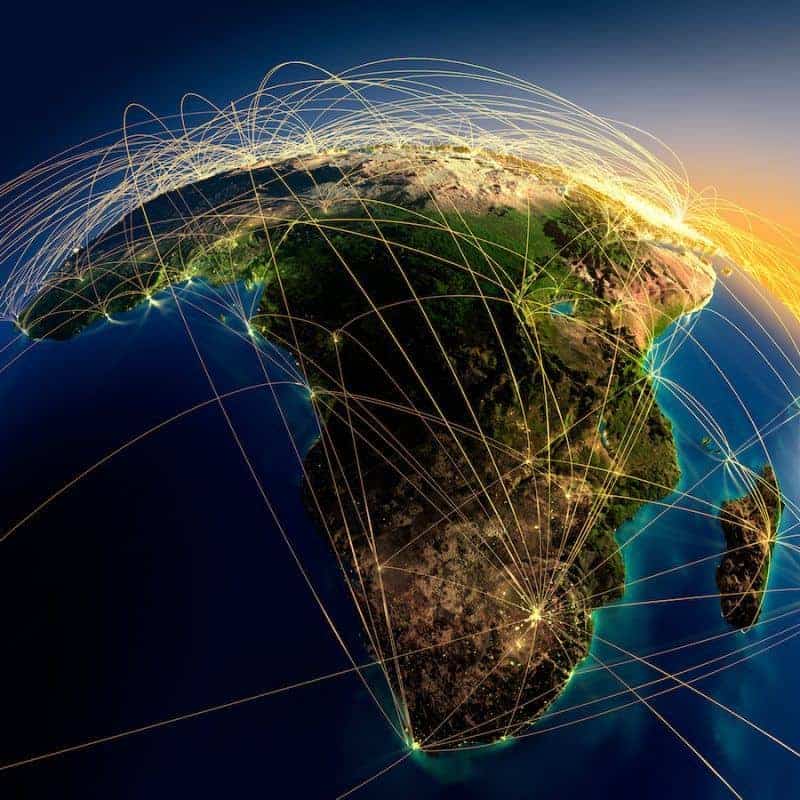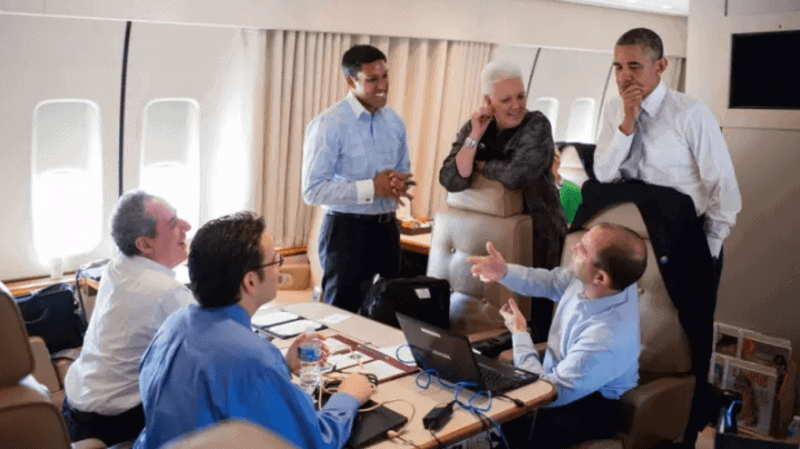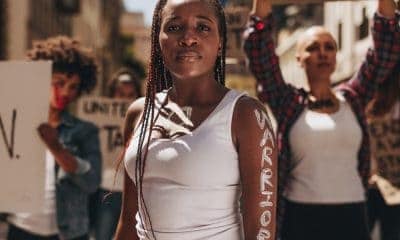Why Africa Should Matter To All Of Us, Interview with former Presidential Advisor, Grant Harris
Recently, I had the honor of interviewing Grant Harris after meeting him in Libon, Portugal at Web Summit.
Grant is the former senior level advisor for all sub-Saharan African-related issues for the former president, Barack Obama.
Harris has an incredible body of work evidenced by the following highlights:
He has “initiated and coordinated U.S. policies toward the 49 countries in sub-Saharan Africa, including political, economic, and security matters.
Harris conceived of and was a primary lead in implementing the historic U.S.-Africa Leaders’ Summit, in which President Obama hosted 51 African Leaders in Washington, DC in August, 2014.
The Summit generated $37 billion in new commitments to support trade, investment, and development across Africa.”
Since advising former President Obama, Harris is currently the CEO of Harris Africa Partners LLC, which advises companies and organizations about strategy, policy, and mitigating risk with doing business in Africa.
It was an honor to be able to speak with Grant Harris since at Everyday Power, we are all about people being aware of the information and images they consume – and the impact those images and information have on them.
So I wanted to ask Grant questions about how Africa is perceived in the media and the potential impact of those perceptions.
I summarized a few key points from my conversation with Grant.
1.) The diversity, opportunities and beauty of Africa need to be taken seriously.
The first step towards taking Africa seriously is to recognize it’s 54 countries.
Think about the last time you spoke about Africa.
Did you think about it as a continent or a country?
This might sound small and silly, but the reality is too many of us overgeneralize Africa every time we speak about it.
Africa is a beautiful continent that is increasingly diverse in terms of cultures, languages, traditions, business opportunities, and growth.
Many good fortunes lie in Africa, but many are too dissuaded to investigate them due to their lack of knowledge or distorted view of the continent.
It is not just one place, but one continent comprised of smaller entities that are equally meaningful and that bring something to the table.

2.) The mainstream image of Africa is severely incomplete.
Africa is the victim of many myths and misconceptions.
When someone references Africa, the picture that comes to mind is barren land ridden with disaster, terrorists, and disease.
This could not be further from the truth, but it’s the most common depiction many have.
It is important to note that Africa does not own all the world’s humanitarian disasters and conflicts, but rather it is experiencing these issues in pockets across the continent.
This is an imperative point to get across not only to individuals but to global participants, such as US companies, as well.
Since many corporations shy away from doing business in Africa due to these dangerous misconceptions, Africa’s economy and development has lagged.
It’s time to change the perception of Africa.
Throughout the myriad of countries and communities within the continent, there are abundant cities, thriving businesses, and alluring cultures and traditions.
As a society, we need to make others aware of all the good things that occur in Africa, not just display the disease-ridden and incipient areas.

Former U.S. President Barack Obama with former Senior Director for African Affairs Grant Harris (center) and team. Photo by: Pete Souza / The White House
3) A more prosperous Africa supports a more prosperous America.
We are more connected to Africa than we realize.
From climate change to enforcing sanctions and protecting against volatile countries, many concerns affect countless nations across the globe.
Africa is a major component in many global issues and can be a worthwhile partner to the United States.
However, due to the misconceptions surrounding it, opportunities for collaboration are seldom seized.
It is time for powerful nations such as America to team up with African countries to form effective and dynamic alliances.
With the tremendous economic potential, companies are foolish to not want to partner with African businesses.
Like any other business ventures, the threats and risks (which is exactly what Harris’ company works to mitigate) of investing in a business must be properly assessed, and not just established based on stereotypes.
By investing in the continent, more jobs can be created for the United States.
American companies have a unique comparative advantage, strong governance, potent brands and high-quality goods and services that could benefit Africa’s economy.
There is potential for a magnificent symbiotic relationship, we just need to take the chance and have the drive to learn more about the continent and its opportunities.
We must focus on sending the right signals and giving our steady support.
It all starts with having a deeper conversation about Africa and understanding how we fit into their narrative.
Learn more about Grant’s work at www.harrisafricapartners.com or @Grant_T_Harris.











